︎
Jul 15, 2024
Call for Contributions: Article for the CS3D Blog Series
View PDF Document
Following a period of turmoil and subsequent re-negotiation, the Corporate Sustainability Due Diligence Directive(CS3D) was adopted by the European Parliament on April 24, 2024. The focus now lies on its implementation and the scientific evaluation of its effects. Co...

Jul 5, 2024
Aoife Hanley and Finn Ole Semrau
Exports can speed Europe’s environmental innovation
Europe's Green Deal provides a roadmap for a green economic transition. However, the deal's architects recognise that not all member states are equally capable of bringing their companies up to international best practice. A cornerstone of the Deal is economic and environmental convergence...

Jun 28, 2024
Nora Aboushady, Tilman Altenburg, Inga Carry, Jann Lay, Melanie Müller, Mark Schrolle, Frauke Steglich, Lea Strack, Tevin Tafese, Rainer Thiele
The European supply chain law is coming after all – What can we make of the compromise?
In December 2023, the EU Member States and the European Parliament agreed on a directive on corporate accountability along global supply chains – the Corporate Sustainability Due Diligence Directive (CS3D) (henceforth: CS3D trilogue agreement). Adoption by the EU Council on 9 February 2024 was con...

Mar 6, 2024
Frank Umbach
Unpopular, but strategically necessary: why Europe needs domestic resource extraction
The geo-economic and geopolitical importance of securing a future supply of critical raw materials (CRMs) has been severely neglected by European governments and industries over the past decade. But experts have been sounding the alarm on this matter for years. CRMs are not only essential for civili...
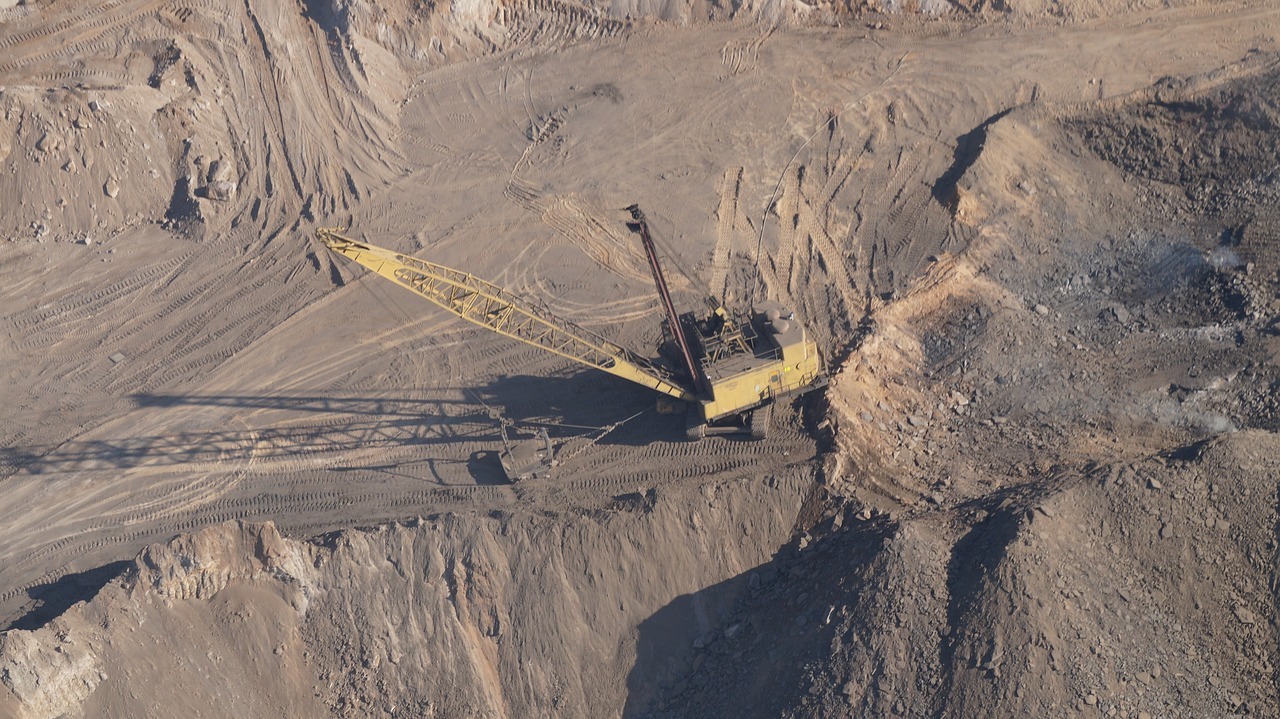
Mar 1, 2024
Karina Fernandez-Stark and Penny Bamber
Yet Another Disruptor in Global Value Chains is Imminent: The European Union Green Deal’s Circular Economy Regulations
As the world seeks to address the significant challenges faced by climate change, the EU has launched the European Green Deal (EGD), an ambitious new agenda to ensure the region’s climate neutrality by 2050. Deviating from past voluntary-based approaches, this bold new plan aims to legislate the s...

Feb 12, 2024
Jann Lay, Tilman Altenburg, Melanie Müller, Tevin Tafese, Rainer Thiele, Frauke Steglich
Europäische Lieferkettenregulierung nicht aufhalten! Sie ist ein wichtiger Schritt für eine bessere Globalisierung
Im Dezember hatten sich die EU-Staaten und das Europäische Parlament auf eine Richtlinie für Lieferketten – die Corporate Sustainability Due Diligence Directive (CSDDD) – geeinigt. Die Zustimmung des Rates am 9. Februar galt als Formsache. Doch nun droht das Veto Deutschlands die Richtlinie au...
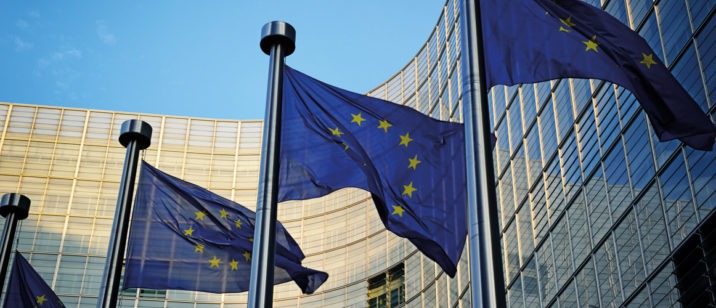
Nov 2, 2023
Vito Amendolagine, Ulrich Elmer Hansen, Rasmus Lema, Roberta Rabellotti, Dalila Ribaudo
Taking advantage of Global Value Chains to spread green energy technologies across countries
Renewable energy technologies, such as wind turbines and solar photovoltaic (PV), are key to achieve a low-carbon transition and make our planet greener (Pegels and Altenburg, 2020). While countries in Europe have previously been the lead markets, the development and diffusion of renewable energy te...
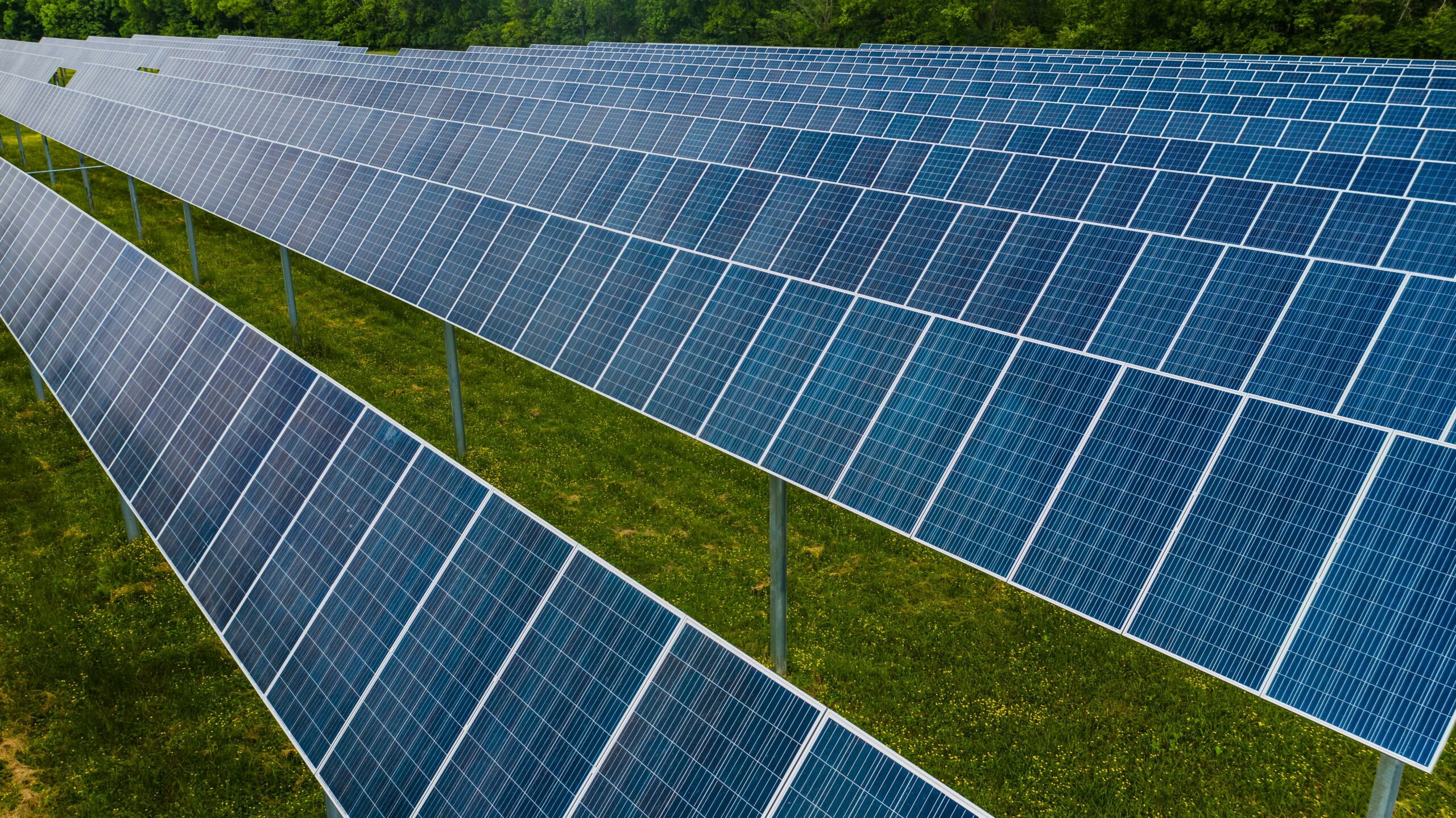
Aug 31, 2023
Philip Schleifer and Luc Fransen
Towards a Smart Mix 2.0? Understanding Political Dynamics of Heterogeneity and Integration in Sustainable Supply Chain Governance
The adoption of new due diligence regulations in the European Union (EU) and other advanced economies has further increased the heterogeneity of global supply chain governance. In a recent study (Schleifer and Fransen 2022), we evaluate calls for a “smart mix 2.0” that combines public regulation...

Aug 31, 2023
Laura Mann
The evolution of the global Information Technology Enabled Services (ITES) sector and the shrinking gains of FDI for low- and middle-income economies
The information-technology-enabled services (ITES) sector, or business process outsourcing (BPO) sector, as it is sometimes known, encompasses all services that can be digitized and delivered at a distance, including call centre services, back-office processes, data management, information technolog...
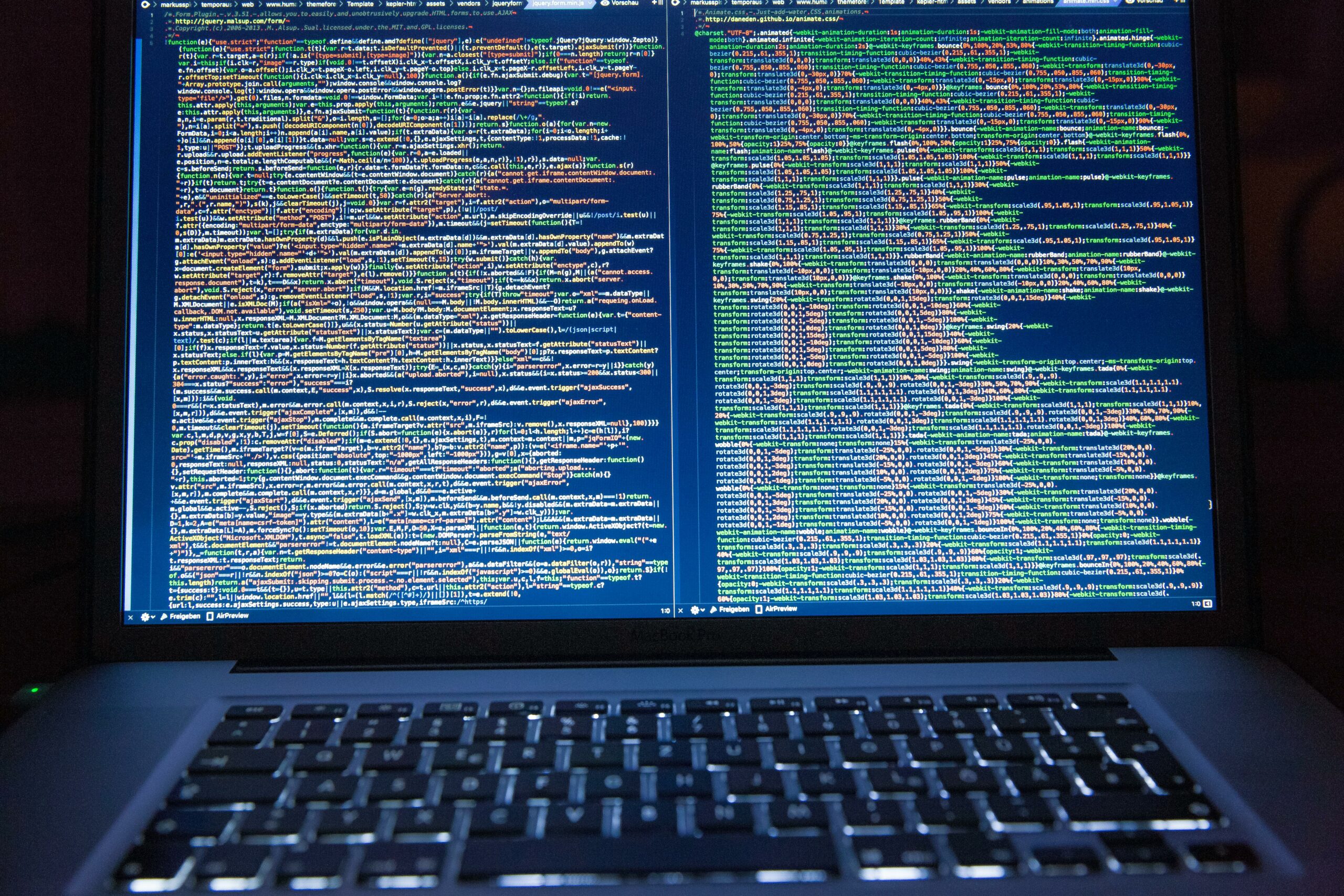
May 17, 2023
The role of market power in global value chains
In this podcast episode will have a look at the role of market power in global value chains. Competition is a driver for innovation, it increases efficiency and leads to better outcomes for consumers. But what happens to global value chains if competition is lacking? What can be done on a regulatory...

May 3, 2023
Markus Krajewski & Gabriel Felbermayr
Debate: “Do due diligence laws improve the rights of workers in production countries?”
Markus Krajewski is University Professor at the University of Erlangen-Nürnberg and holds the Chair in Public Law and Public International Law. Prof. Krajewski is one of the programme directors of the MA in Human Rights and chairperson of the Interdisciplinary Research Centre for Human Rights Erlan...

Apr 28, 2023
Dalia Marin & Caroline Freund
Debate: “Will the COVID-19 pandemic reinforce preexisting trends that in turn lead to reshoring or other forms of GVC restructuring – and what does it imply for policymakers?”
Dalia Marin is Professor of International Economics at TUM School of Management, Technical University of Munich. Before joining TU Munich she was Professor of International Economics at Ludwig-Maximilians University of Munich, Associate Professor at Humboldt University Berlin, and Assistant Professo...

Apr 28, 2023
David Dollar, Arkebe Oqubay & Christopher Cramer
Debate: “Should governments push for higher domestic value added in export sectors?”
David Dollar is a senior fellow in the John L. Thornton China Center at the Brookings Institution. Before he joined Brookings, David was the U.S. Treasury’s economic and financial emissary to China. He has also worked 20 years for the World Bank, serving among others as country director for China ...

Apr 21, 2023
What is the effect of environmental standards on agricultural value chains?
Mangos or rice, chocolate or even wood - just to mention a few agricultural products that are heavily exported from several countries in the Global South to the Global North. A growing number of them are grown, harvested and processed in line with environmental standards and labels. These standards ...

Jan 30, 2023
Yuwan Duan
Is the Global Value Chain also a Global Pollution Chain?
One of the most well-known theories in international trade and environment is the “Pollution Haven Hypothesis” (PHH). According to the theory, high-income countries with strong environmental regulations will have a comparative disadvantage in pollution-intensive industries, and will tend to offs...
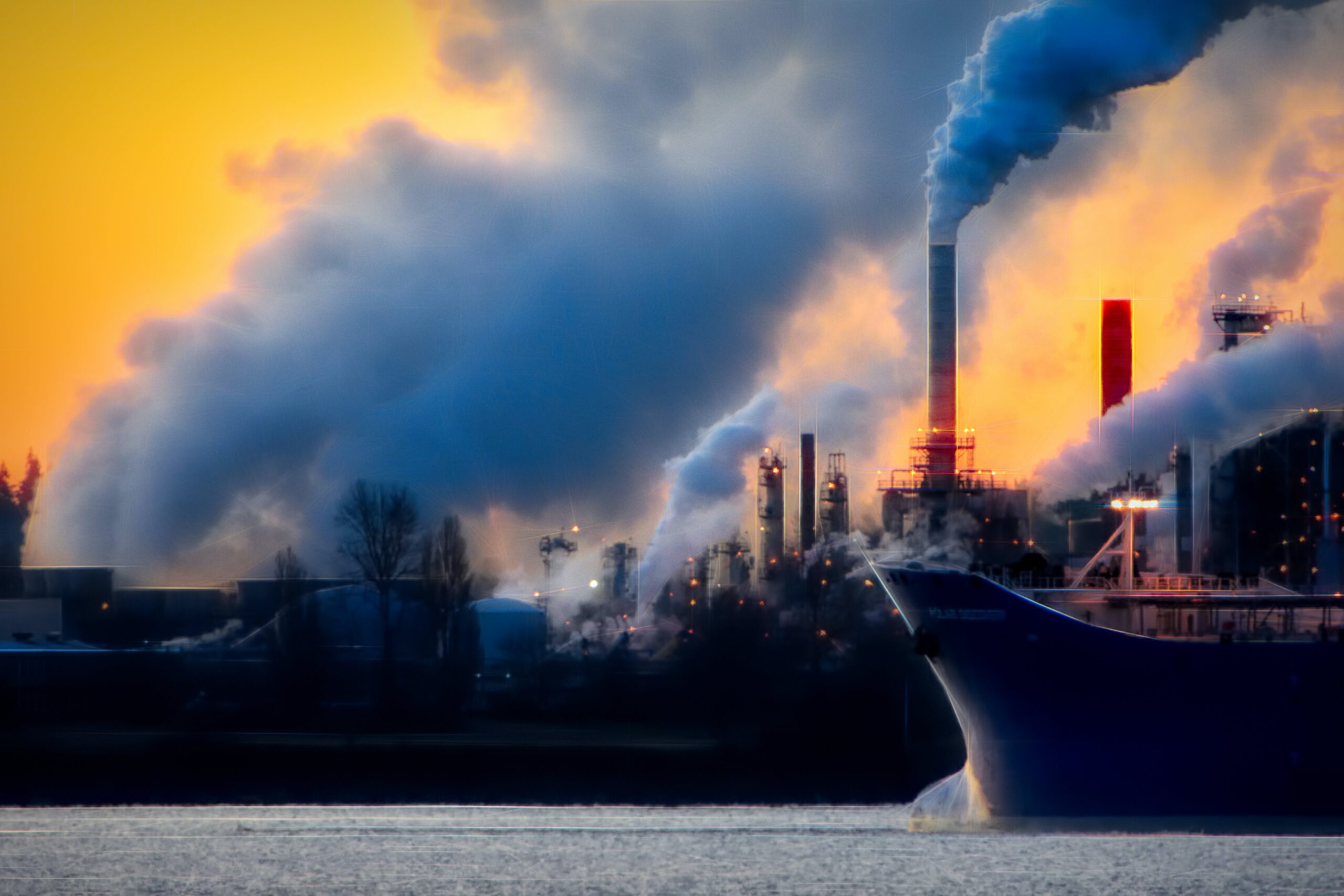
Jan 26, 2023
Aleksandra Kordalska & Magdalena Olczyk
Can Central and Eastern European countries ‘smile’ more? Trade patterns through the lens of value chain functions
A key question in the context of global value chains is: How can countries upgrade their position and focus more on high value-added activities in global value chains (GVCs)? This blog focuses on selected Central and Eastern European (CEE) countries – the Czech Republic, Estonia, Hungary, Latvia, ...

Jan 25, 2023
Friendshoring: Rather a myth than reality
Russia's invasion of Ukraine has shown us that the world is in a period of upheaval. Long-standing international laws – like respecting national borders – are being broken. Millions of Ukrainians are fleeing.
And as a result of Russia’s aggression, traditional relations are being quest...

Nov 28, 2022
Jie Wu and Jacob Wood
How much trade cost will the ongoing US-China trade war generate for global value chains?
The United States (US) and China represent the two largest economies in the World. Since China first entered the World Trade Organization (WTO) in 2001, its bilateral trade with US has grown exponentially, reaching 660 billion US dollars (USD) by the end of 2018 (United States Census Bureau, 2022). ...
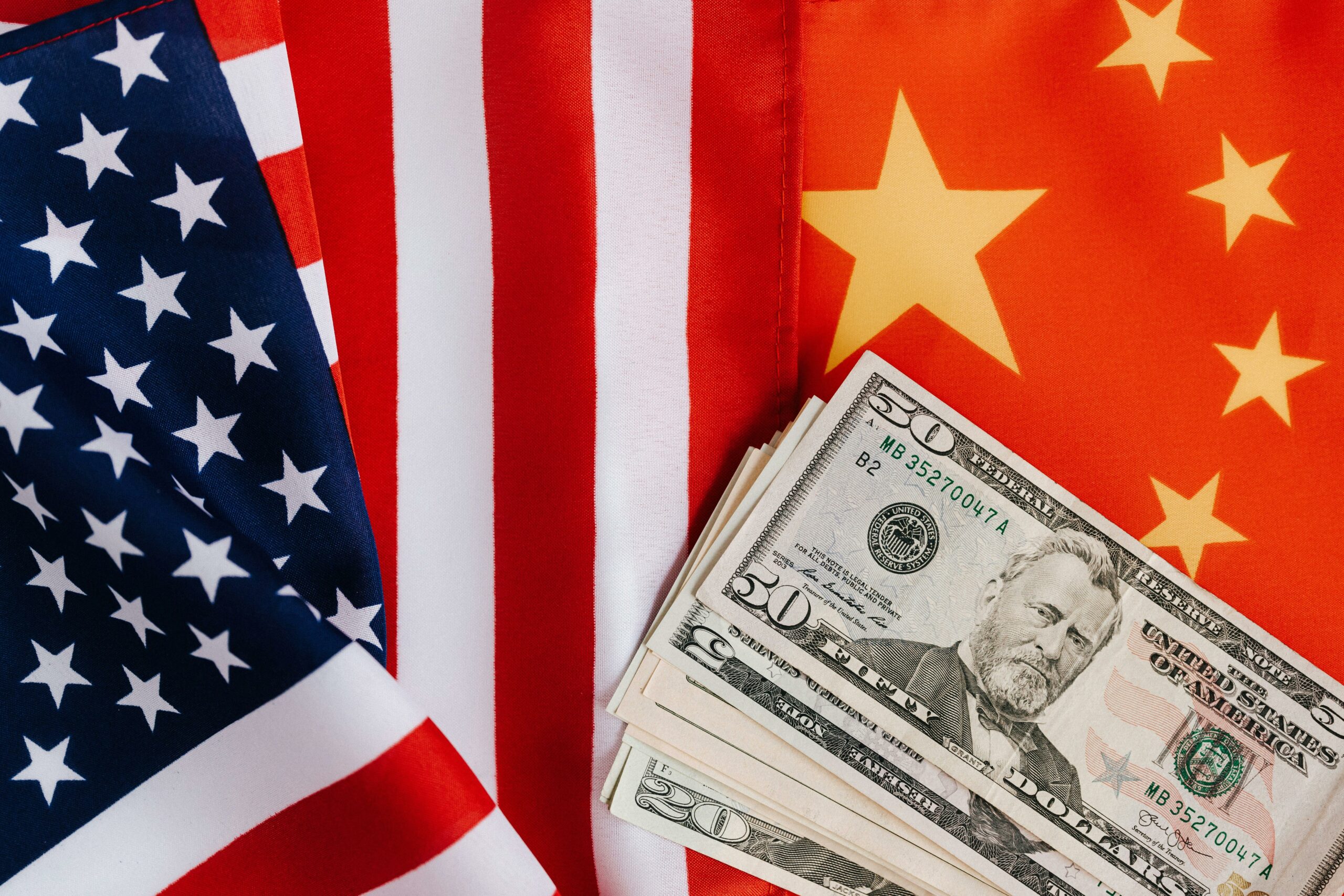
Oct 27, 2022
Is the electric age a game changer for South Africa’s automotive industry?
The car industry is an important income generator for South Africa. As a side note, the first vehicles were manufactured there already in the 1920’s – almost century ago. Back then, Ford and General Motors built assembly plants. So, there are already established supply chains within the country....

Sep 24, 2022
Jan Grumiller, Hannes Grohs, Werner Raza
How to align efficiency, resilience and sustainability in GVCs? A conceptual assessment
The COVID-19 pandemic-induced lockdowns and export restrictions highlighted the vulnerability of global trade and global value chains (GVCs). What is more, many commentators argue that the likelihood of exogenous shocks that threaten international trade and GVCs will increase in the future. This inc...
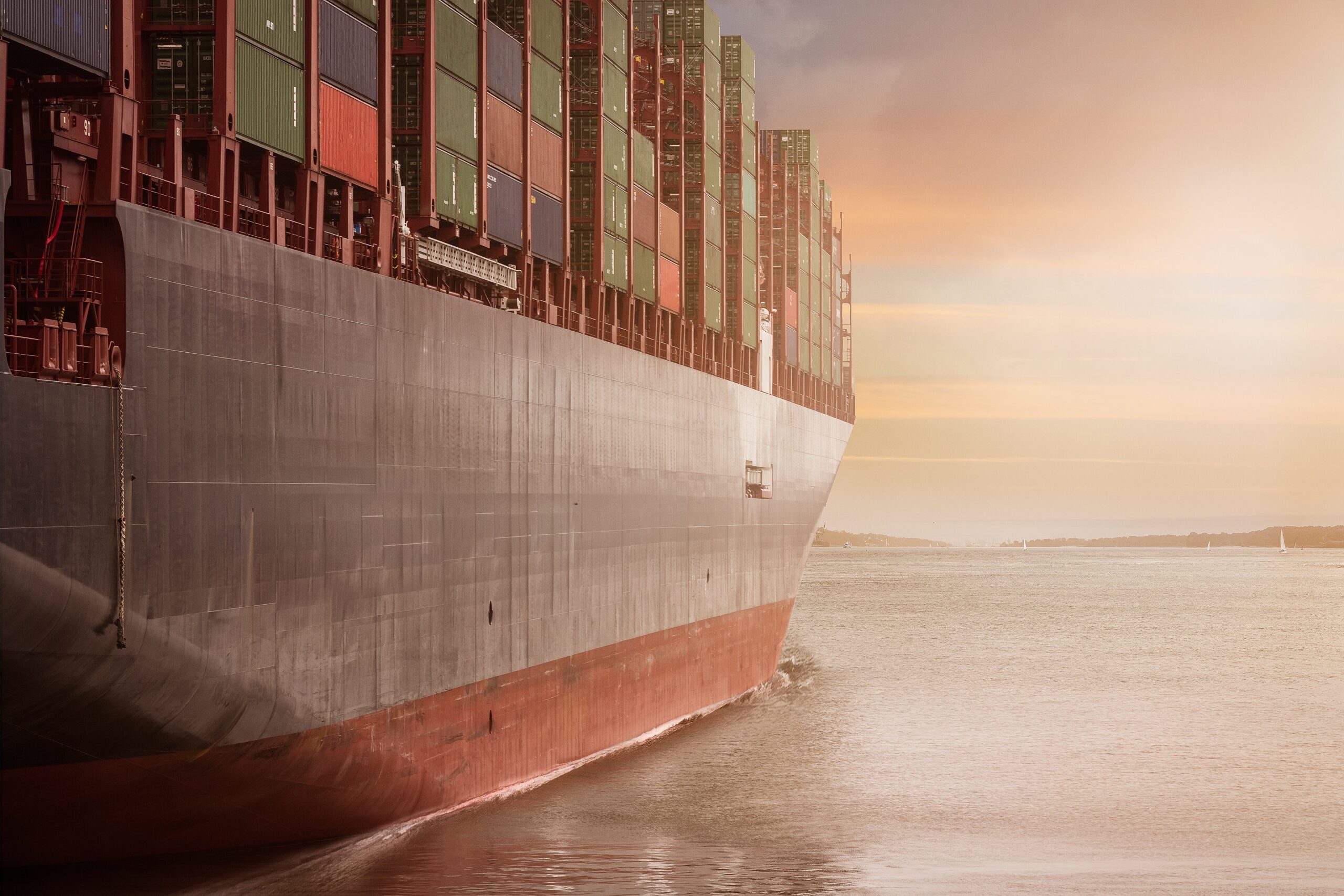
Aug 16, 2022
Asia’s Global Supply Chains – Caught Between War and Pandemic
In the eighth episode of “Shaping Sustainable Supply Chains” we want to discuss the role Asia will play in global supply chains after the pandemic.
We wanted to talk about this at the end of February. But shortly before the scheduled recording, Russia’s invasion of the Ukraine changed the p...

Jul 25, 2022
Decent work through South-South Value Chains?
Moderator Nicolas Martin is joined by Stephanie Barrientos from Manchester, England, where she leads the “Shifting South Project” at the University of Manchester where she is now an Emeritus Professor. Stefanie has dedicated a big portion of her career to development issues, focusing on labor an...

Jul 4, 2022
Stefan Pahl
Why do countries experience diverging job growth trajectories in GVCs?
Structural change, a process in which resources are shifted from less to more productive sectors, has historically been a driver of economic growth and development. Structural transformation has been particularly successful in Asia, but more recently also in sub-Saharan Africa (Kruse et al., 2021). ...

May 9, 2022
Manuel Albaladejo and Paula Mirazo
Circular Value Chains: An Enhanced Approach To Assess Value Capture and Upgrading
The growing adoption of national circular economy strategies and roadmaps, “Green Deals”, and the ratification of international commitments pertaining to climate change set the stage for the adoption of circularity within global value chains (GVCs). Such measures can influence and alter the conf...

Apr 25, 2022
Rachael Diprose, Nanang Kurniawan, Kate MacDonald and Poppy Winanti
Promoting sustainable minerals through global supply chains: scaling up or crowding out sustainability?
Supply chain regulation seeking to promote sustainable production processes in natural commodity sectors has proliferated in recent decades in response to concerns about the social and environmental impacts of global commodity extraction. Alongside traditional forms of regulation involving governmen...

Mar 25, 2022
Janina Grabs, Federico Cammelli, Sam Levy, and Rachael Garrett
How to find synergies between effectiveness and equity when designing supply chain sustainability policies
Companies with global supply chains are under growing pressure to ensure that their activities and sourcing patterns abroad do not contribute to environmental degradation and human rights abuses. In response, many businesses create supply chain sustainability policies. Such company-internal schemes,...
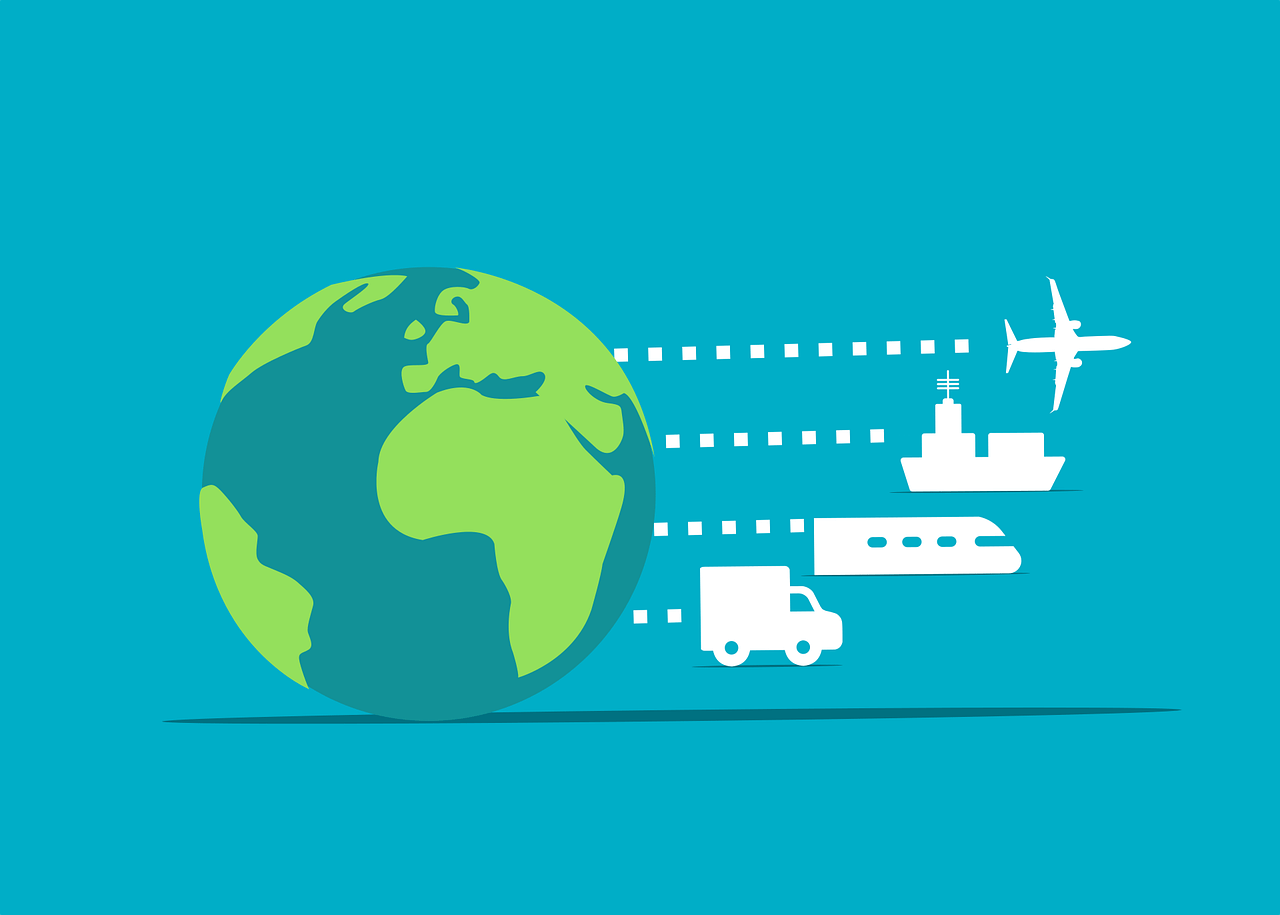
Mar 7, 2022
Stefano Ponte
Who Gains and who pays the costs of environmental sustainability in global value chains?
The mainstreaming of sustainability management in business is providing new avenues of value creation, capture and (re)distribution, and new opportunities to transfer the costs of environmental compliance along Global Value Chains (GVCs). Suppliers, workers, and farmers – often based in the Global...
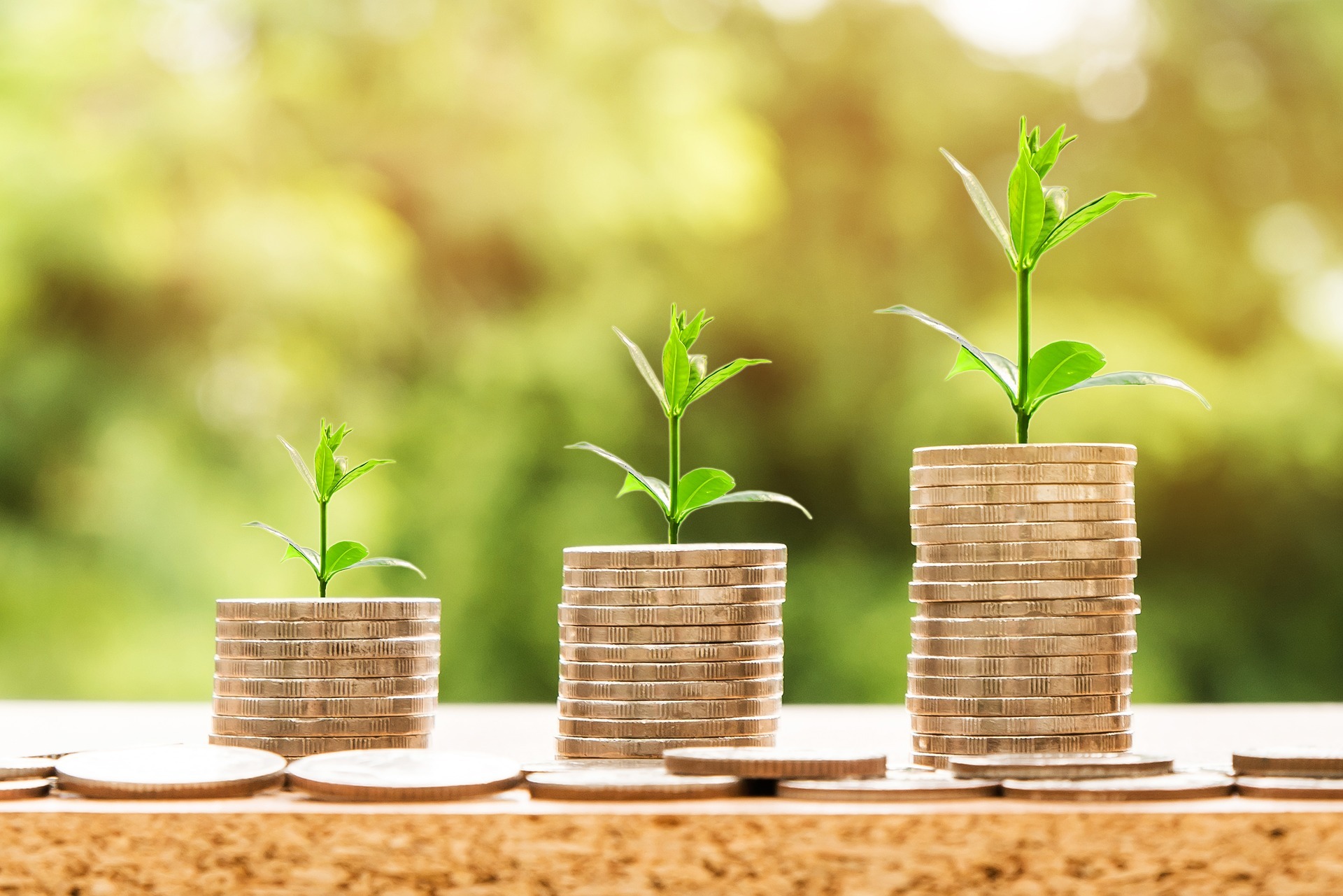
Feb 23, 2022
Kristoffer Marslev, Cornelia Staritz, and Gale Raj-Reichert
Rethinking social upgrading in global value chains around worker power
The concept of ‘social upgrading’ has been instrumental in bringing the situation of workers in export sectors across the global South to the fore in research on global value chains (GVCs) and global production networks (GPNs). Responding to accusations of ‘labour-blindness’ (Taylor, 2007), ...
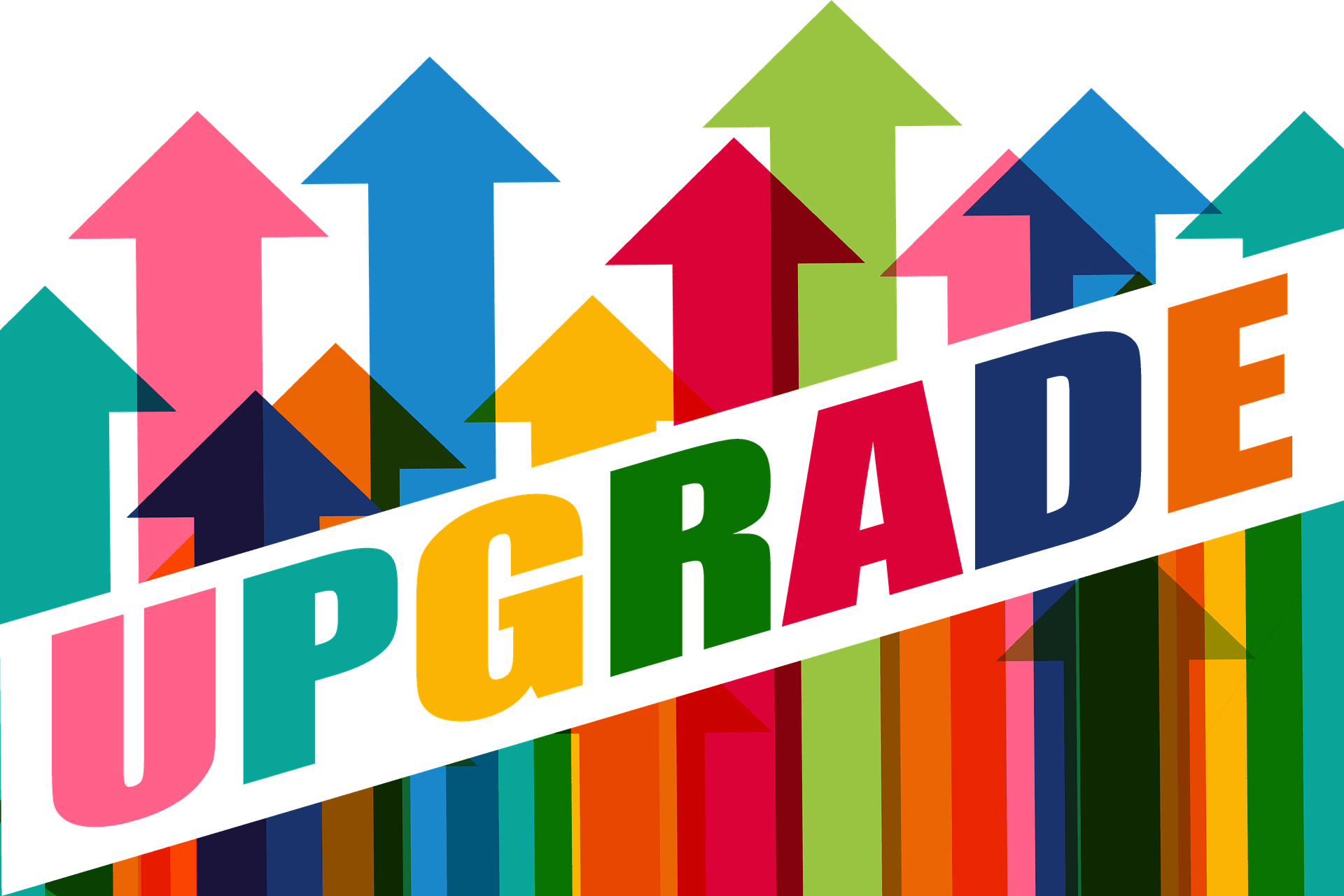
Feb 18, 2022
Larissa Rodrigues
Brazil exports illegal gold: How to tackle the problem
Illegal gold mining in Brazil is an old problem. With gold prices skyrocketing in recent months because of investors’ reactions to the Covid-19 pandemic, the issue has only become worse (Tollefson, 2021). A new gold rush has started in the Amazon rainforest, but not without leaving behind a trace ...
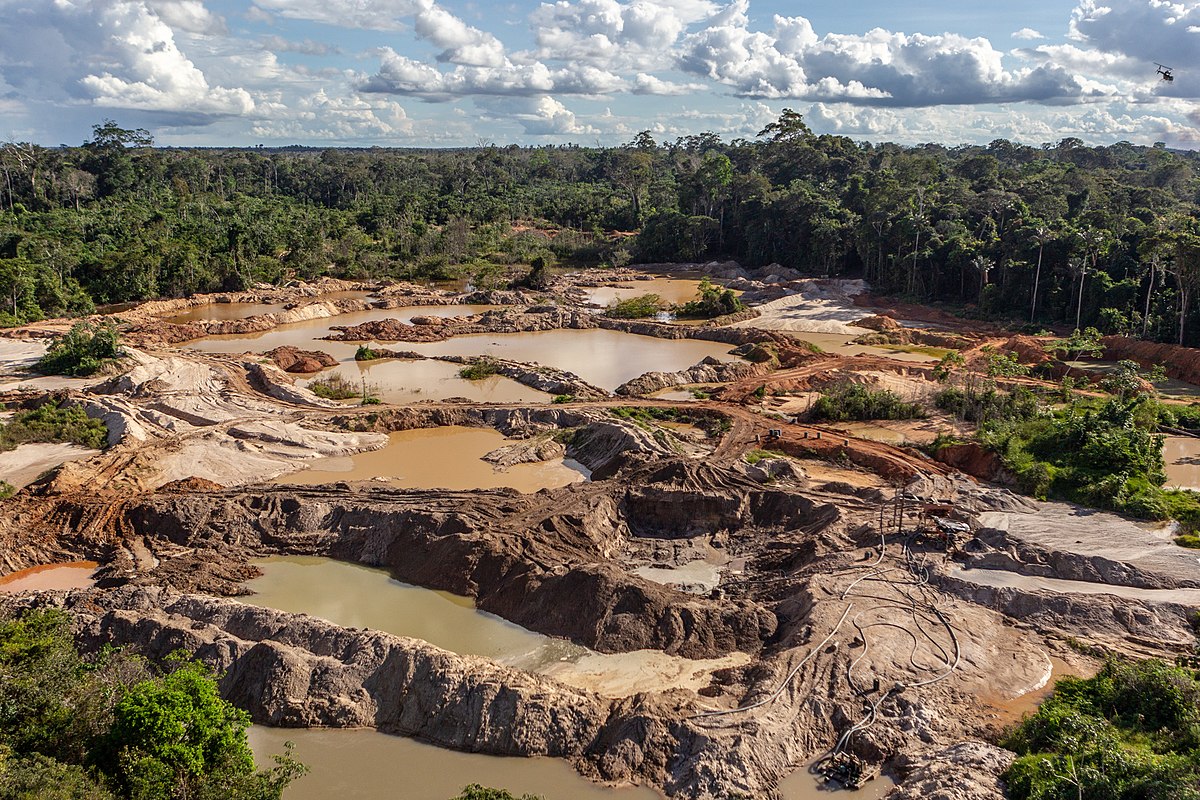
Feb 1, 2022
Tilman Altenburg, Nele Wenck, Smeeta Fokeer, and Manuel Albaladejo
Green hydrogen: Opportunities for industrial development through forward linkages from renewables
Green hydrogen will be a key element in any decarbonisation strategy. All major economies are investing heavily in green hydrogen, and often also in international energy partnerships to secure long-term imports. This creates new opportunities for industrial development. Countries which are well-endo...

Dec 1, 2021
Renewables pull: climate neutrality and supply chains
Can it be that tomorrow’s heavy industries will be located where the sun shines stronger and longer and the wind blows night and day? How will climate friendly policies change the international division of labor in energy intensive industries? This is what we want to discuss today in our sixth epi...

Nov 3, 2021
Ana Margarida Fernandes, Hiau Looi Kee, and Deborah Winkler
What determines countries’ global value chain participation? Three lessons from the past that matter for the future of global value chains
In the early 1990s, Argentina tried to develop a homegrown auto industry, hiding behind an average tariff of more than 13 percent. Over the past two decades, Argentina’s auto exports have stagnated at a dismal 0.2 percent of global auto exports.
Around the same period, General Motors (GM) set u...
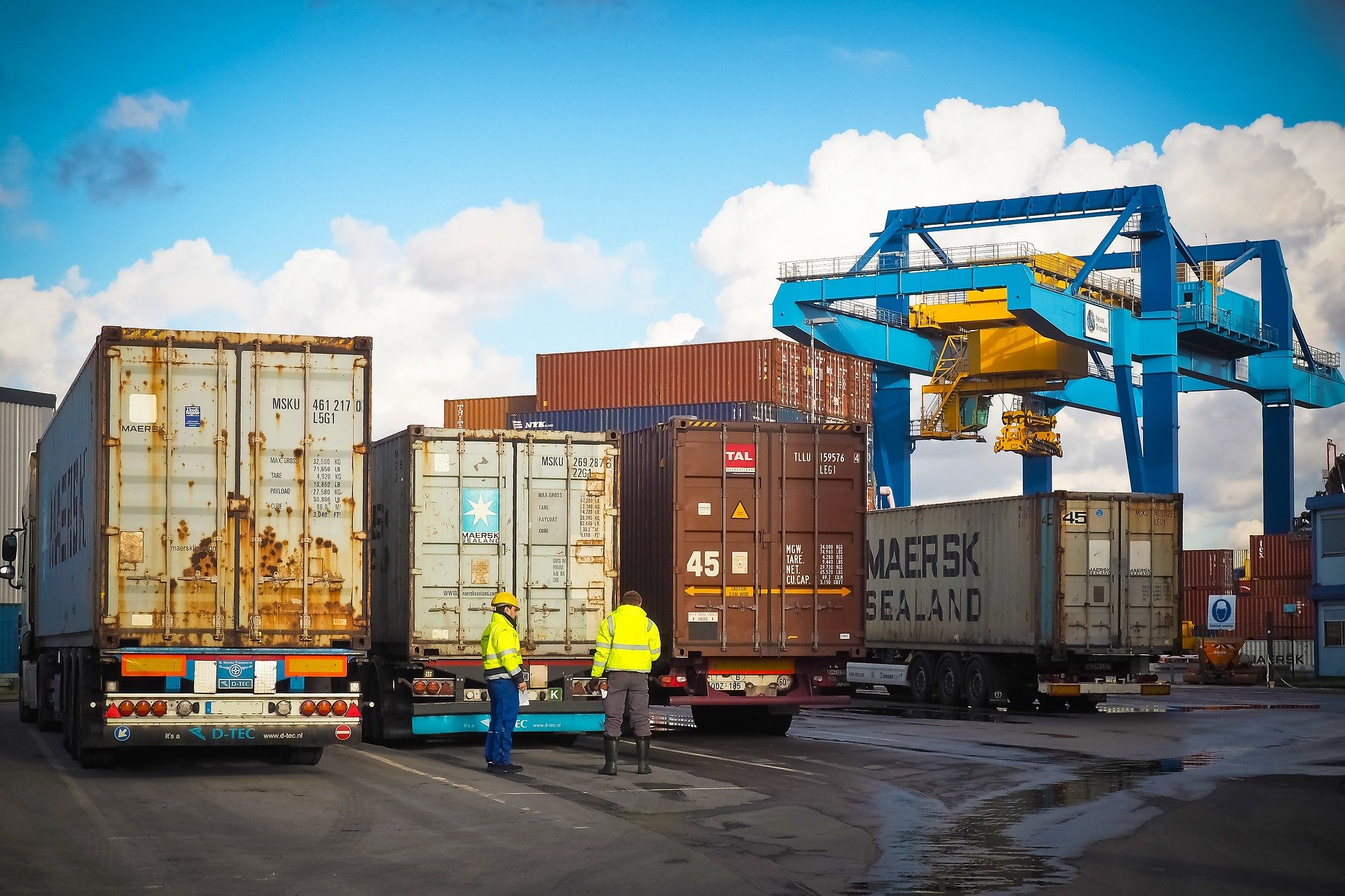
Oct 13, 2021
Due diligence regulations in supply chains
Many European countries have passed due diligence laws. They are supposed to tackle human rights violations - like child labour, or poor working conditions - along the entire supply chain. The European Union is also working on such a law which will also focus on environmental risks in supply chains....

Sep 21, 2021
Florian Butollo
No end of globalization: Digital technologies as a source of fragmentation of manufacturing
As the performance of digital devices increases by the minute and new digital base technologies like artificial intelligence (AI) or the internet of things (IoT) proliferate, economic relationships change. This not only accounts for processes within enterprises: the automation of tasks, tools for th...

Jul 16, 2021
Marion Jansen
Four Keys to Resilient Supply Chains
If you work in the field of trade policy, you have likely spent much of the last year responding to the following questions: Where are the masks? Why is there not enough personal protective equipment? Why is vaccine distribution so slow? In short, have we become too reliant on global supply chains? ...
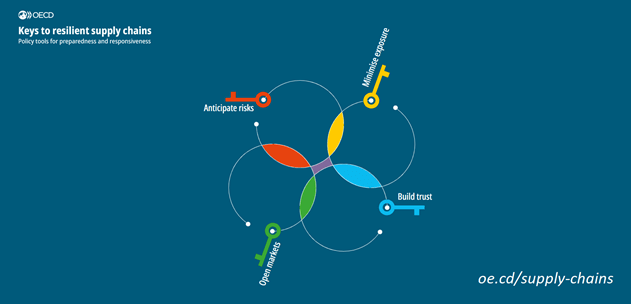
Jul 1, 2021
Banga Karishma
India’s manufacturing and services value-chains are shifting South – A curse or a blessing?
Much has been written on India as an outlier in Global Value Chains (GVC). Despite being one of the largest and fastest-growing markets located in direct proximity to 'Factory Asia' (Baldwin, 2008), India is documented to have low participation in global networks, especially amongst South ...
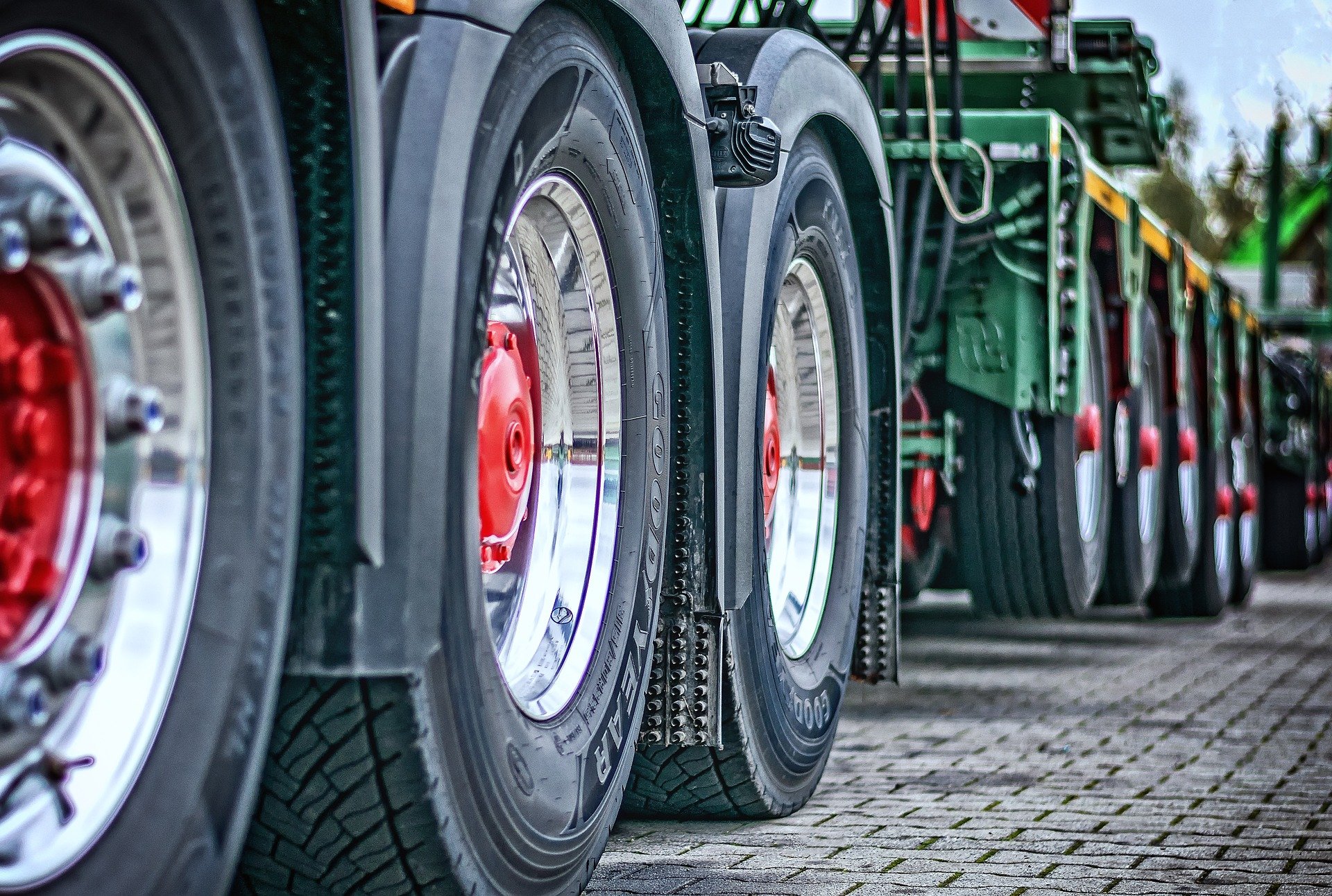
Jun 28, 2021
Sustainability and Mineral Supply Chains – Trends in the Mining Industry
In this podcast episode, we take a closer look at mineral supply chains. Mining often happens under poor working conditions, the transport of raw materials is energy intensive and the recycling of used minerals is often not profitable and may actually illude today's state of the art. In this po...

May 15, 2021
Myths of African food supply chains
In our third episode, we look at food supply chains in Africa. Food plays - like everywhere else on this planet - a big role on the African continent. Partly because it's still scarce in many places. Hunger is still the biggest health risk in Africa. But partly also because the middle class is ...

May 1, 2021
Joseph Sarkis
Mandating Sustainable Governance of the Supply Chain – Complementing Old Carrots with New Sticks?
In the wake of the COVID-19 crisis, supply chain challenges have received renewed attention and have become a major concern from both resilience (Golan et al., 2020) and sustainability (Sarkis, 2021) perspectives. For example – based on its Green Deal – the European Union (EU) is considering the...
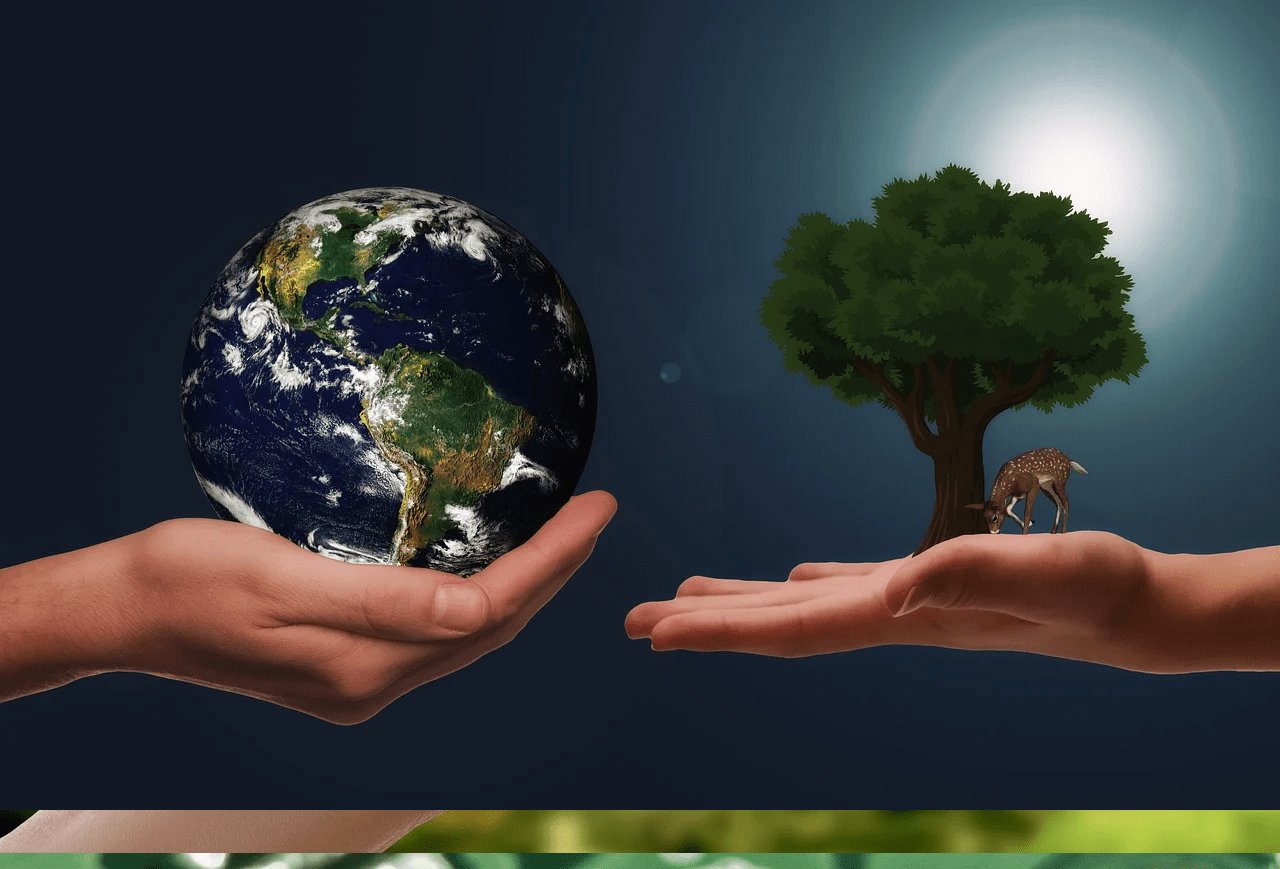
Apr 22, 2021
Patrizia Casadei and Simona Iammarino
The protectionist threat to global value chains: Evidence from the Brexit shock in the UK textile and apparel industry
The 2016 Brexit referendum and Donald Trump’s election are often associated with the beginning of a new era of economic nationalism and protectionism, which have given rise to the cross-country emergence of discriminatory trade measures harming foreign commercial interests (Evenett, 2019; Gereffi,...
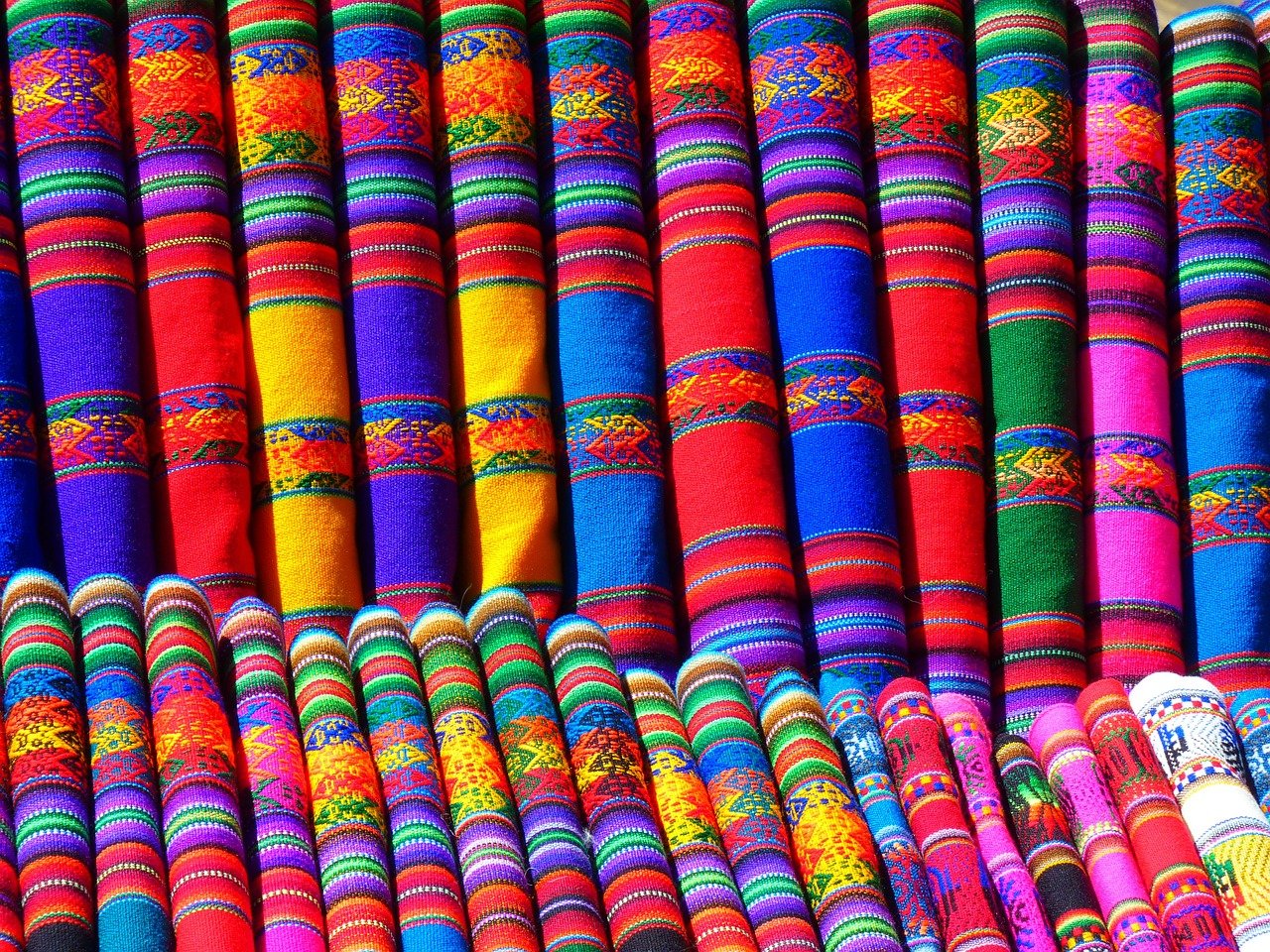
Apr 1, 2021
Lindsay Whitfield and Tilman Altenburg
Automation versus relocation in clothing global value chains: Will investments shift from China to Africa at a big scale?
Since the beginning of this century, China has emerged as the workbench for the world’s clothing industry, increasing its share in global exports from 18% at the turn of the century to about 40% in 2015 (Lu 2016). This had important implications for poor countries, as participation in global cloth...

Mar 10, 2021
Bernice McLean and Melanie Müller
Disruptions to global supply chains in the wake of the COVID-19 pandemic
In our second podcast episode we have a look at supply chain disruptions and african-european relations.
The Covid-19 pandemic has uncovered the weakness of global supply chains. It also put a heavy spotlight on the international dependence on China: The sudden halt in supply in the People's...

Mar 8, 2021
Rasmus Lema, Carlo Pietrobelli, Roberta Rabellotti, Antonio Vezzani
Integration in global IT value chains does not necessarily improve innovation capacity
Global Value Chains (GVC) have characterized the evolution of the global economy during the last three decades. Integration in GVC offers remarkable potential for international tasks specialization and for accessing key knowledge and technology. Yet, it is less clear whether and under which circumst...

Feb 22, 2021
Robert B. Koopman
GVCs and COVID-19: Lessons thus far from trade during a global pandemic
One year into the global COVID-19 pandemic, global trade and global value chains have held up admirably well considering the overall economic impacts in most countries.
The COVID-19 pandemic led to shortages of medical equipment and pharmaceutical products in many countries as demand spikes excee...
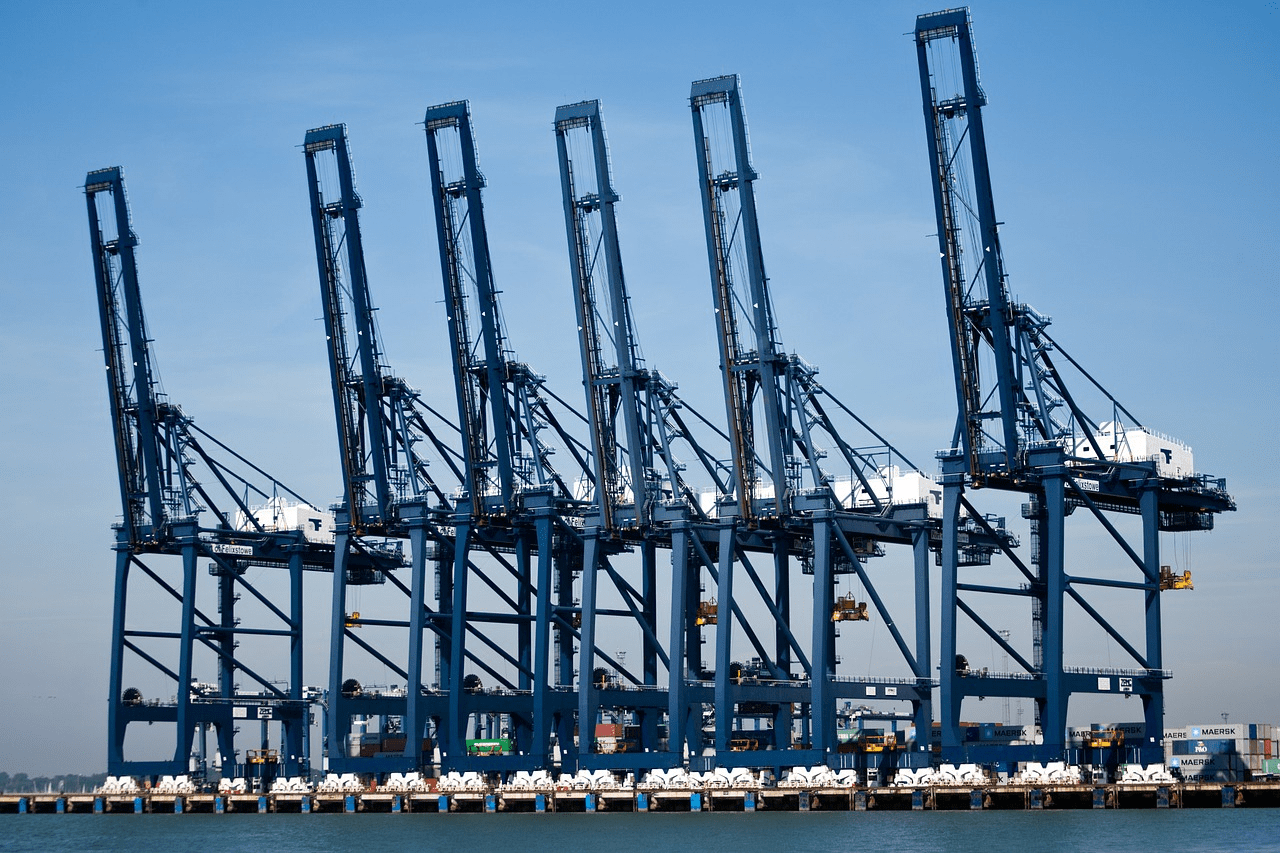
Feb 11, 2021
Tilman Altenburg and Gary Gereffi
The biggest risks for supply chains
In our first podcast episode we talked to Professor Gary Gereffi and Dr. Tilman Altenburg. Professor Gary Gereffi is the godfather of global value chains. In Durham, North Carolina he is an Emeritus Professor of Sociology and the Director of the Global Value Chains Center at Duke University. Tilman ...

